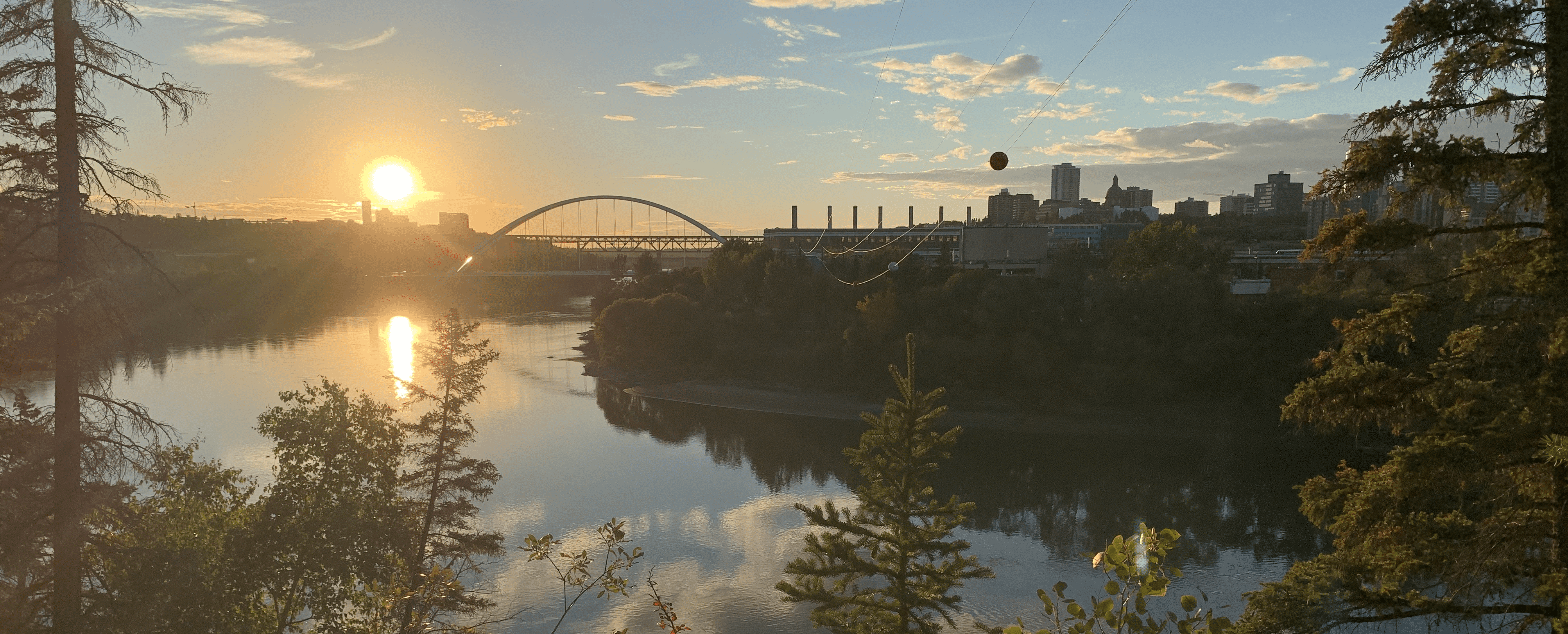- About
- Research
-
-
- Special Reports & Features
- Pretendians and Publications: The Problem and Solutions to Redface Research
- Pinasunniq: Reflections on a Northern Indigenous Economy
- From Risk to Resilience: Indigenous Alternatives to Climate Risk Assessment in Canada
- Twenty-Five Years of Gladue: Indigenous ‘Over-Incarceration’ & the Failure of the Criminal Justice System on the Grand River
- Calls to Action Accountability: A 2023 Status Update on Reconciliation
- Data Colonialism in Canada’s Chemical Valley
- Bad Forecast: The Illusion of Indigenous Inclusion and Representation in Climate Adaptation Plans in Canada
- Indigenous Food Sovereignty in Ontario: A Study of Exclusion at the Ministry of Agriculture, Food & Rural Affairs
- Indigenous Land-Based Education in Theory & Practice
- Between Membership & Belonging: Life Under Section 10 of the Indian Act
- Redwashing Extraction: Indigenous Relations at Canada’s Big Five Banks
- Treaty Interpretation in the Age of Restoule
- A Culture of Exploitation: “Reconciliation” and the Institutions of Canadian Art
- Bill C-92: An Act respecting First Nations, Inuit, and Métis Children, Youth and Families
- COVID-19, the Numbered Treaties & the Politics of Life
- The Rise of the First Nations Land Management Regime: A Critical Analysis
- The UN Declaration on the Rights of Indigenous Peoples in Canada: Lessons from B.C.
- View all reports.
- Special Reports & Features
-
-
- Yellowhead School
- The Treaty Map
- LIBRARY
- Submissions
- Donate
ON OCTOBER 18, 2021 the United Conservative Party proposed a referendum question to Albertans relating to s.36(2) of the Constitution Act 1982 and the issue of equalization.
Should section 36(2) of the Constitution Act, 1982 – Parliament and the government of Canada’s commitment to the principle of making equalization payments – be removed from the constitution?
During his press conference celebrating the affirmative results, Premier Jason Kenney publicly stated that the “yes” answer to the question was a clear message to Ottawa that negotiations should begin.Like much of what Premier Kenney says and does, this is detached from reality.
Fuelled by the fallacy of anti-Alberta policy and the illusion of Constitutional inequality, Jason Kenney has pushed Alberta forward on a course of unquestionable failure. The referendum question, outlining one aspect of the Constitution, has long been a focal point of the UCP government and rhetoric. Additionally, the notion of equalization payments, specifically that Alberta “supports” other provinces and the desire to end that relationship because of some supposed unfairness, also has close ties to anti-Indigenous discourse.
Equalization for Who?
Leaning on case law and precedent set in the very province Kenney loathes, Quebec and secession, the government championed the results of the referendum as validation to take equalization concerns to the nation’s capital. Those familiar with both cases know that the Premier of Alberta is very much comparing apples and oranges. In the case of the Quebec Referendum of 1995, over 90% of the electorate marked their ballot, with a narrow margin favouring the “No” option.
In the case of the October 18, 2021 question, just over one million Albertans, representing just 38% of the provincial population voted. Within that minority, 68% voted “Yes” to repeal aspects of equalization, but those votes carry the voice of a dismal 22% of the provincial population. These figures fall well short of the example set by Quebec, and may not even meet the parameters set out in the Constitution around the posing of amendment questions.
But the process was invalid also because First Nations communities and members were excluded from voting on-reserve.
This oversight excluded over 150,000 First Nations people from having a say in the referendum, and ultimately whether the province should argue anything about equalization of what are effectively stolen resources.
Not only does this exclusion of on-reserve First Nation citizens cast light on the intentions of the province, but it should also trigger discussions within our communities around equalization as a whole.
Indigenous Seats at Confederation’s Table
Beginning with the Natural Resource Transfer Act 1930, First Nations people have been wholly excluded from the profits, management and benefit of the resources that exist within our territories. But perhaps the posing of the above question can serve a purpose in the long term. If Alberta is successful in opening the door, even a crack, around equalization, then First Nations leaders in the Province should kick it all the way open.
It is well past time for a fulsome discussion, at a National level, around the inequities that have been created in Indigenous communities, and the need to pursue avenues of “Economic Reconciliation.” In May of this year, our group released Cash Back, a thorough report on the causes and solutions to Indigenous inequities in Canada, and how we should be tackling these long-standing issues.
Certainly, in today’s day and age, equalization cannot happen in Canada without Indigenous people occupying their seat at the table of Confederation, seats that have been reserved for us since 1867, but largely left vacant due to government policy and legislation.
These seats, rectified and protected through covenants like the Treaty of Niagara, Peace and Friendship Treaties and the Numbered Treaties carry just as much, if not more weight than those of the provinces and ensure our mutual sharing of this country’s bounty. Even further, the courts have motioned towards a landscape where some Indigenous communities are still sitting at their own table, with the Crown being an unruly guest.
All of these complex realities in the mosaic of Canada deserve to be discussed in an open and transparent fashion. The injustices of legislation like the NRTA and other acts should be laid bare, and a meaningful conversation on how First Nations finally attain their fair share can finally happen. It may not have been the intention of Jason Kenney and the UCP to open this box, but if it leads to a discussion of First Nations equalization apart from the Provinces, then it may not be a total loss.
Citation: Houle, Robert. “Equalization Politics in Alberta and the Restoration of Indigenous Power”. Yellowhead Institute, 28 October 2021, https://yellowheadinstitute.org/2021/10/27/eqalization-politics-alberta/
Feature Image: Kelsi-Leigh Balaban



